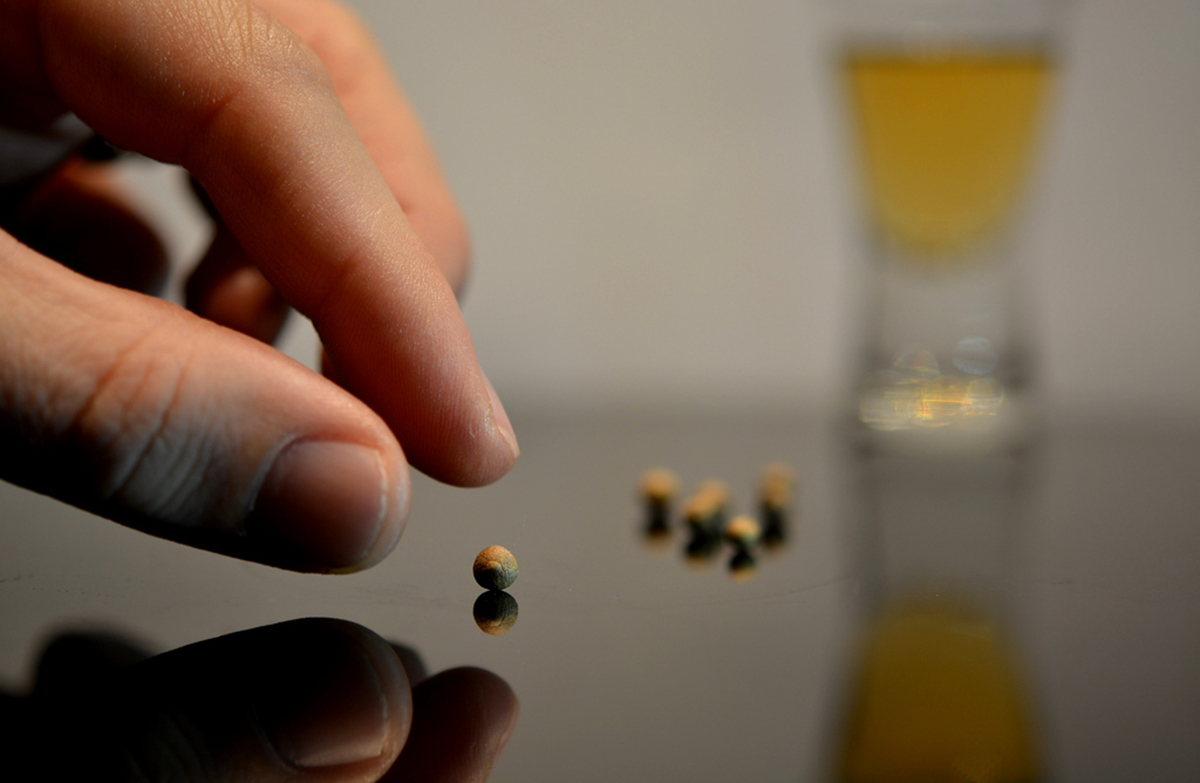Homeopathy first reared its head in the 1700s. Based on the idea that "like cures like", proponents believe that using a highly diluted substance that would produce the same symptoms a sick person has in healthy people can cure them of these symptoms. The actual process used in creating homeopathic remedies is quite difficult to understand, so let's just say that the active ingredients are only present in trace amounts by the time the "serial dilution" process is finished. Homeopaths claim that diluting a product makes it stronger.

No matter what you think of homeopathy, there's no denying that it's tremendously popular: over 200 million people use it worldwide, and that figure includes many UK residents. Britons who would like to try homeopathic treatments can often get them through the NHS, the National Health Service, which spends an approximate £4 million (more than US$6 million) a year on these treatments.
The problem with that? Well, there's absolutely no credible evidence that homeopathy works, and plenty that it doesn't. A 2010 House of Commons Science and Technology Committee declared homeopathy "scientifically implausible", and even the NHS itself has no qualms about saying that "there is no good-quality evidence that homeopathy is effective as a treatment for any health condition."
Will Homeopathy Be Banned In The UK?
UK government ministers are currently debating whether homeopathic treatments should be placed on a blacklist, preventing GPs from prescribing them. England's Chief Medical Officer, Professor Dame Sally Davies, said: "With rising health demands, we have a duty to make sure we spend NHS funds on the most effective treatments. We are currently considering whether or not homeopathic products should continue to be available through NHS prescriptions. We expect to consult on proposals in due course."
A consultation determining the future of homeopathy on the NHS is expected to to take place next year. Should that consultation reach its logical conclusion, people in the UK will no longer be able to get homeopathic treatments on the NHS. However, that doesn't mean homeopathy will be banned — it just means that the NHS, a social healthcare system, will no longer use tax payers' money to make it homeopathic remedies available.
Journalist Simon Singh, who wrote a book about the dangers of homeopathy, explained why homeopathy isn't just a harmless placebo on BBC radio 4's Today program. "You will find charities who will send homeopaths to west Africa to treat Ebola, to south Africa to treat malaria," he said. When you need a real drug and all you're getting is a sugar pill, your life could be endangered, in other words. The NHS, by offering homeopathic prescriptions, makes homeopathy sound much more legitimate than it actually is.
READ The Truth About Homeopathy: What's Weaker Doesn't Make You Stronger
Should the consultation ban GPs from prescribing homeopathic remedies, the NHS is estimated to save approximately £110,000 a year. Homeopathic hospitals, which are responsible for most of the total amount the NHS spends on homeopathy, wouldn't be affected by the decision.

